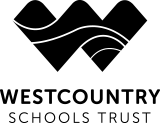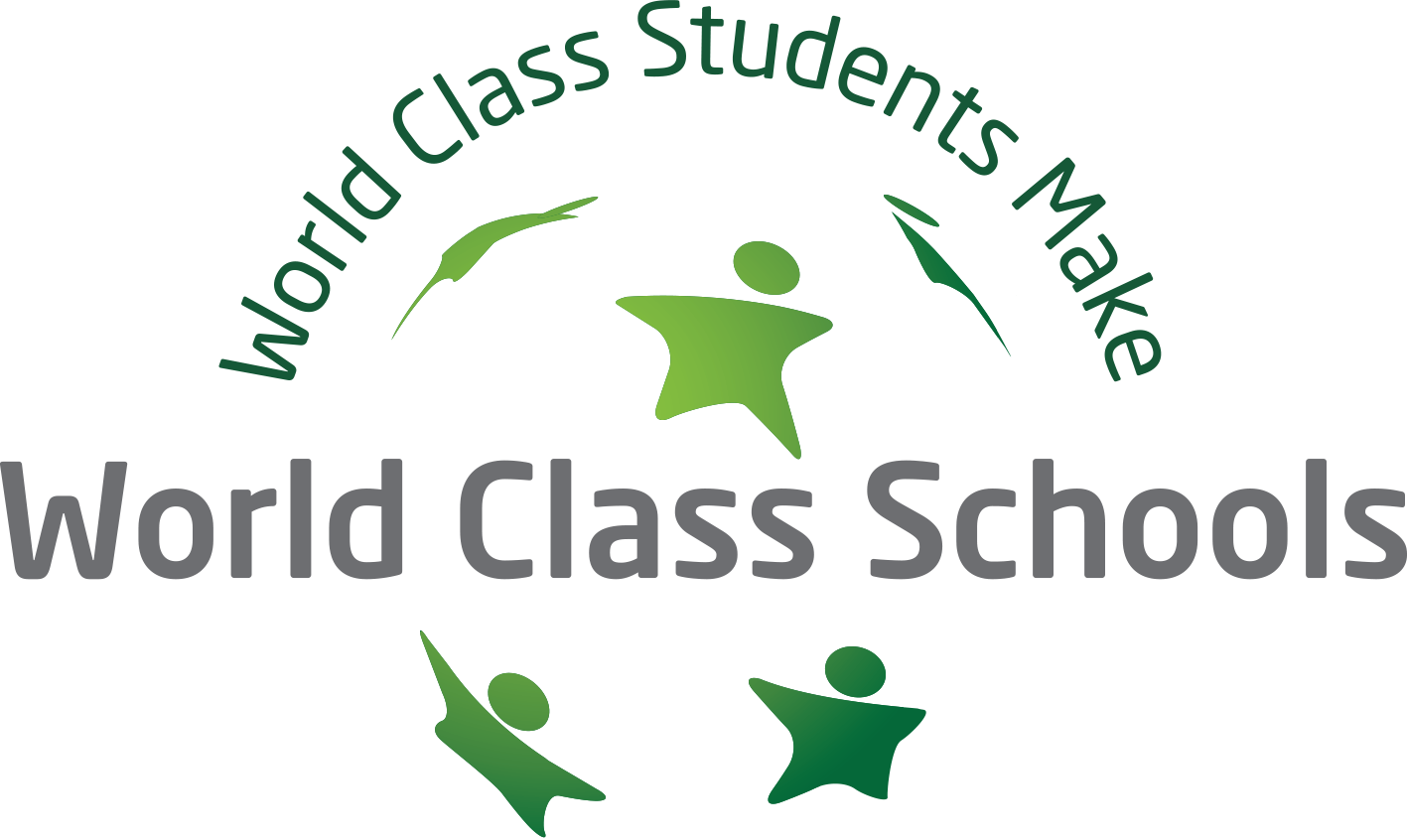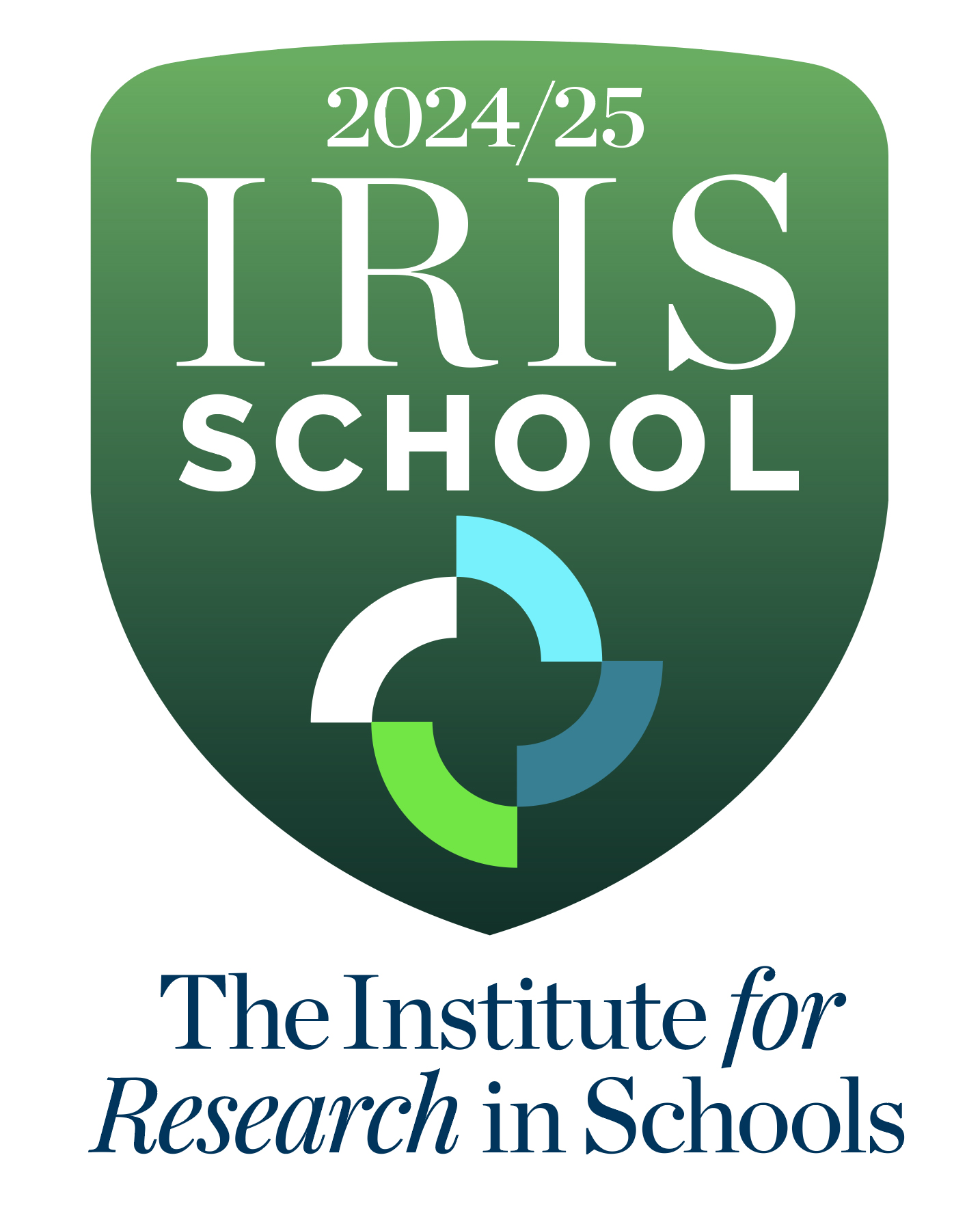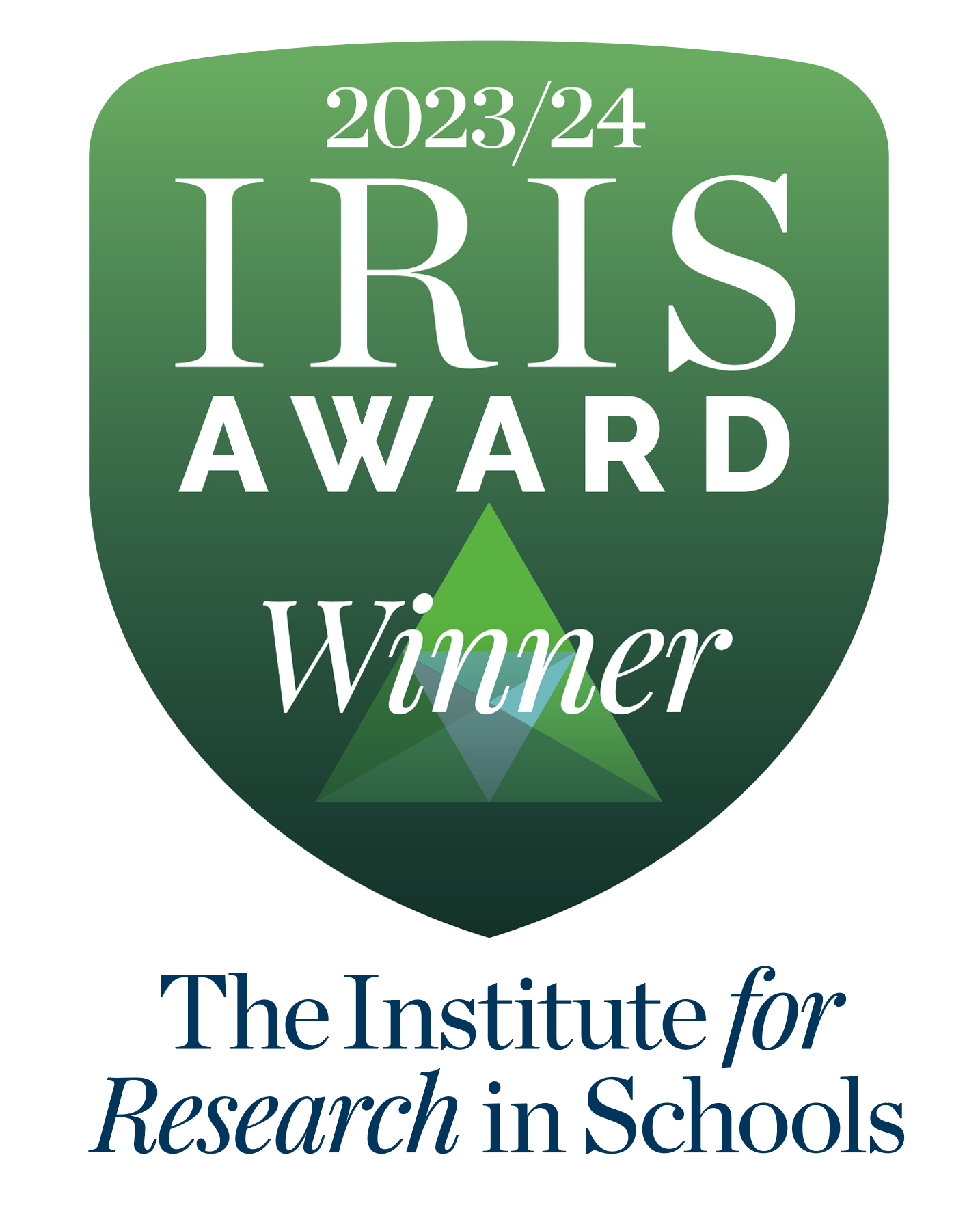Maths

Head of Department – Liz Pearce
Regardless of ability or interest, Mathematics is for everyone and has a vital, often unseen, role in many aspects of modern life. From shopping to space travel, Maths is essential! Whatever your future career choice, maths skills improve job prospects helping you succeed in the workplace and in your personal life.
Basic skills are key to our students’ learning experience and as such numeracy is embedded across mathematics lesson for all year groups. Mathematics is taught in a way that meets every student’s needs and is relevant to the world we live in. We set an appropriate level of challenge and have high expectations for every student to achieve their full potential. This drives our approach, opening doors for further study in maths and a wide range of careers.
At Hele’s, we believe that Mathematics provides opportunities for students to be both creative and independent, but it also allows for co-operation and debate to take place through logical thinking. It enables communication to be precise, elegant and informed. Above all Mathematics should be enjoyed. We are keen to promote games and puzzles as a learning tool throughout the Key Stages, as this not only increases the interest for our students but also develops their thinking skills. As a department we believe that there is true value in understanding mathematics and being able to apply mathematics as opposed to simply learning how to answer exam questions.
Here in the Mathematics department the main aim is that all students should reach their full potential, developing confidence and enjoyment in a variety of mathematical experiences.
Our aims for our students are;
- They become fluent in the fundamentals of Mathematics so that they are efficient in using and selecting the appropriate Mathematics to use
- They can solve problems by applying their Mathematics to a variety of problems, including in unfamiliar contexts and to model real-life scenarios
- They can reason mathematically by following a line of enquiry and develop and present an argument or proof using mathematical language
- They gain a sense of enjoyment and success in their mathematical skills
Key Stage 3
All pupils follow the National Curriculum requirements to ensure progress and prepare them for the demands of the new GCSE. The curriculum is focused on the key concepts and processes that underpin mathematics. The main areas of study, the pillars of our curriculum, are:
Number
Algebra
Ratio & Proportion
Geometry
Statistics
Probability
These six threads run through our entire secondary curriculum.
To promote the learning and enjoyment of maths in the classroom, a variety of resources and techniques are used in each lesson. This ranges from mini-whiteboards, loop cards and Tarsia grid puzzles to the use of games and computer programs.
Informal assessment takes place continuously as well as formal written assessments taking place throughout the year. Students will be informed of assessments by their teacher. We use Knowledge Organisers to support students in identifying key knowledge points in each topic and support students in learning how to use these effectively.
Home learning tasks are set each week on Sparx and can be seen by parents via the Classcharts website. Sparx is bespoke to each student, with the programme learning about their mathematical knowledge and skills. Students are then given problems at an appropriate level and also consolidation work based on their needs. Pupils are also given their own password and login details for MyMaths. Pupils are encouraged to become more independent learners by accessing this site at home, as well as using the Independent Learning feature on Sparx and other online resources.
We aim to develop students’ numerical, spatial and practical skills, to improve their ability to reason and approach problems in a logical and systematic manner. Students should build on Key Stage 2 and connections across mathematical ideas to develop fluency, mathematical reasoning and competence in solving increasingly sophisticated problems. They will undertake investigative work regularly for which they will need to represent, analyse, interpret, evaluate, communicate and reflect, in line with the new Key Stage 3 Mathematics curriculum. Within this framework we aim to stimulate students’ interest and their enjoyment in the subject.
Key Stage 4
All students at KS4 are following the Edexcel GCSE (9-1) in Mathematics (1MA1). There are six content domains covered within the specification: number; algebra; ratio, proportion and rates of change; geometry and measures; probability; and statistics.
There are two overlapping tiers of entry, with students being entered for the most appropriate tier. Although students generally follow the same tier that they begin in Year 9, movement between tiers is possible and the final level of entry will be decided at the time of entry for GCSE.
This qualification consists of three equally-weighted written examination papers at either Foundation tier or Higher tier. Paper 1 is a non-calculator assessment and both Paper 2 and 3 are calculator assessments. Each paper is 1 hour and 30 minutes in duration and each paper contains a total of 80 marks. Each paper has a range of question types; some questions will be set in both mathematical and non-mathematical contexts.
The qualification will be graded and certificated on a nine-grade scale from 9 to 1 using the total mark across all three papers, where 9 is the highest grade. The available grades are as follows:
- Foundation tier: grades 1 to 5.
- Higher tier: grades 4 to 9 (grade 3 allowed).
Key Stage 5
A Level Mathematics Course Outline
Mathematics studied at GCSE is extended with students building on previous topics in addition to discovering calculus. Students will apply their mathematics skills through Statistics and Mechanics in Year 12 and Year 13. Students who also study Further Mathematics will study two applied strands; Mechanics and Modelling with Algorithms (Decision Mathematics), throughout the 2-year course along with further Pure content.)
The aims of the A Level course enables students to:
- Develop their understanding of mathematical principles and their interest in the subject.
- Extend their range of mathematical skills and techniques and apply them to more complex problems.
- Acquire the foundation necessary for the further study of Mathematics and Mathematics related subjects.
- Develop the ability to recognise real life situations that can be modelled mathematically and knowledge of the appropriate procedures to be followed in order to produce useful results.
- Recognise situations where the use of technology is appropriate and be confident in its application.
- Develop confidence and enthusiasm in their approach to the subject.
Higher Education and Career Opportunities
Mathematics at A Level is a fascinating, rewarding and satisfying subject and forms the basis for many other subjects. It is highly regarded by employers and Higher Education establishments, with many degrees containing some elements of mathematics.
Careers in Sciences, Engineering, Medicine, Business, Economics, Geography and Design, amongst many others, will benefit from mathematical studies at a high level.
Course Content
We follow the OCR A Level Mathematics (B) MEI syllabus (H630/H640). Full details of the content of the A Level course can be found on the OCR website.
Year 12 Content:

Year 13 Content:

Further Mathematics
Very able students of mathematics with an interest in studying maths beyond A level may wish to study Further Mathematics. Through the two year course, students develop their knowledge of Pure maths and Mechanics, but also have the opportunity to study Modelling with Algorithms (formerly Decision maths).
We follow the OCR A Level Further Mathematics (B) MEI syllabus (H635/H645). Full details of the content of the A Level course can be found on the OCR website.
Enrichment
We are fortunate to offer a variety of enrichment activities to our students. These activities include University masterclasses and taster days, Sparx club, visits to see maths in action and lectures, workshops and conferences at local universities. We also offer interested students the opportunity to become one of our Student Maths Leaders and work with peer and primary students to boost mathematical skills and confidence. We are always looking for new ideas to inspire and challenge our students, to provide them with the confidence and skills they require to achieve their very best in mathematics.





